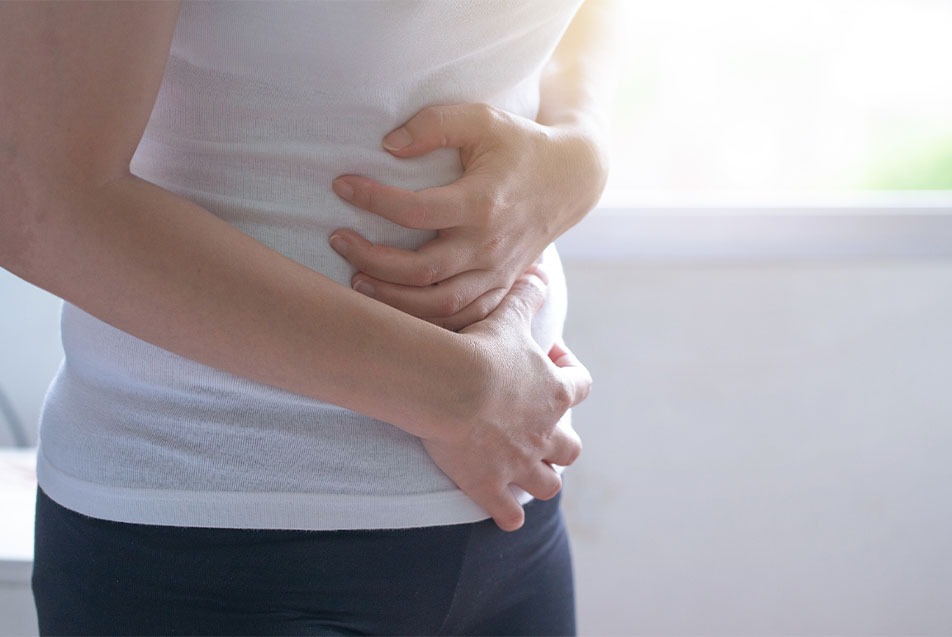
Nội dung bài viết / Table of Contents
This post is also available in: Tiếng Việt (Vietnamese)

Constipation is a condition that is defined as infrequent bowel movements or difficult passage of stools for a long period of time. Constipation is generally described as having fewer than 3 bowel movements a week.
Constipation usually goes away if you change your lifestyle, but chronic constipation will be more difficult to treat and is often a symptom of other medical conditions.
Occasional episodes of constipation are very normal and will resolve on its own. This is usually due to food, stress or a different environment. Chronic constipation is also normal but may be a sign of a more serious problem. However, people who are more at risk for constipation are people who are elderly, obese, pregnant and sit a lot like office workers.
The common signs and symptoms of constipation are:
Chronic constipation is considered if you have one or more of these symptoms lasting for at least three months.
There may be some symptoms not listed above. If you have any concerns about a symptom, please consult your doctor.
You should contact your doctor if you have any of the following:
Constipation can be a sign of another health condition. It is important to see your doctor if you suspect a more serious problem.
Constipation occurs due to stool passing slower than usual, making the stool become hard and dry. Some causes of constipation may include:
Constipation is not a serious condition, unless it is caused by a serious health condition. You can usually manage your constipation with lifestyle changes.
Lifestyle habits are often the main reason to cause mild constipation. If you have one of the following factors, you are more at risk for having constipation:
Understand the diagnosis & treatment
The information provided is not a substitute for any medical advice. ALWAYS consult with your doctor for more information.
The information provided is not a substitute for any medical advice. ALWAYS consult with your doctor for more information.
Doctors diagnose constipation based on medical history, including any recent lifestyle changes and medications you are currently taking. The doctor will also perform a physical examination to check the abdomen and rectum area for problems like hemorrhoids or any rectal tear.
If the stool contains blood, your doctor may perform a colonoscopy to exam inside the colon. There also may be some blood tests and x-rays needed. Please consult with your doctor for more information.
Treatment for mild constipation can be very simple. You need to change your lifestyle habits. This includes:
When changing your lifestyle or diet does not help relieve your constipation, you can try non-prescription laxatives. Some laxatives may include:
Other treatments include training your pelvic muscles to relax and tighten or in more severe cases, may require surgery.
See more: Benefits of physical activity
What are some lifestyle changes or home remedies that can help me manage constipation?
The following lifestyles and home remedies might help you cope with constipation:
A healthy lifestyle is the best remedy for constipation patients. Some tips will help you manage of constipation:
If you have any questions, please consult with your doctor to better understand the best solution for you.
Sources: